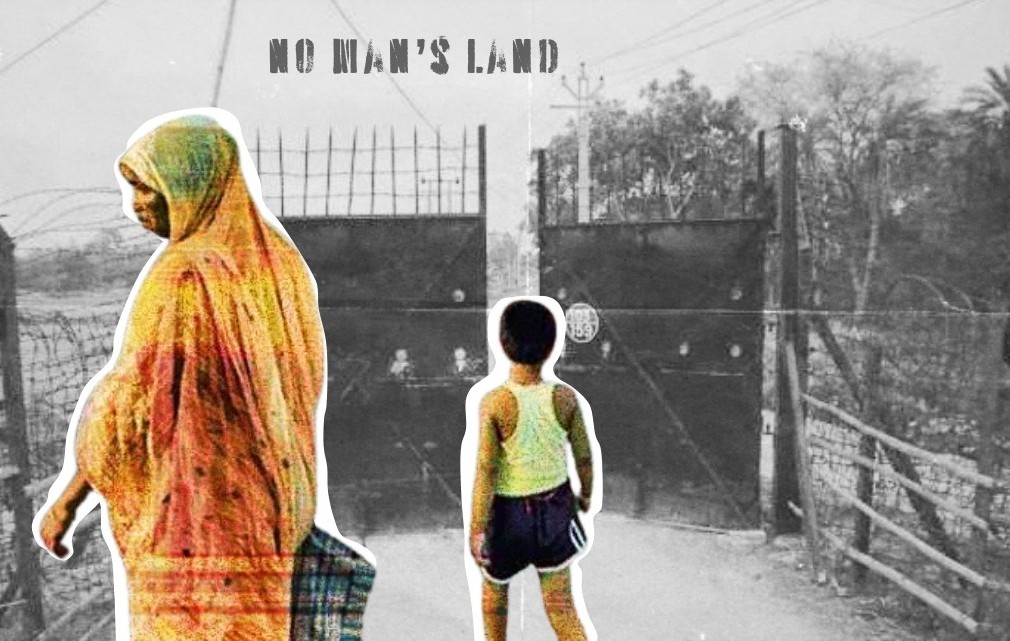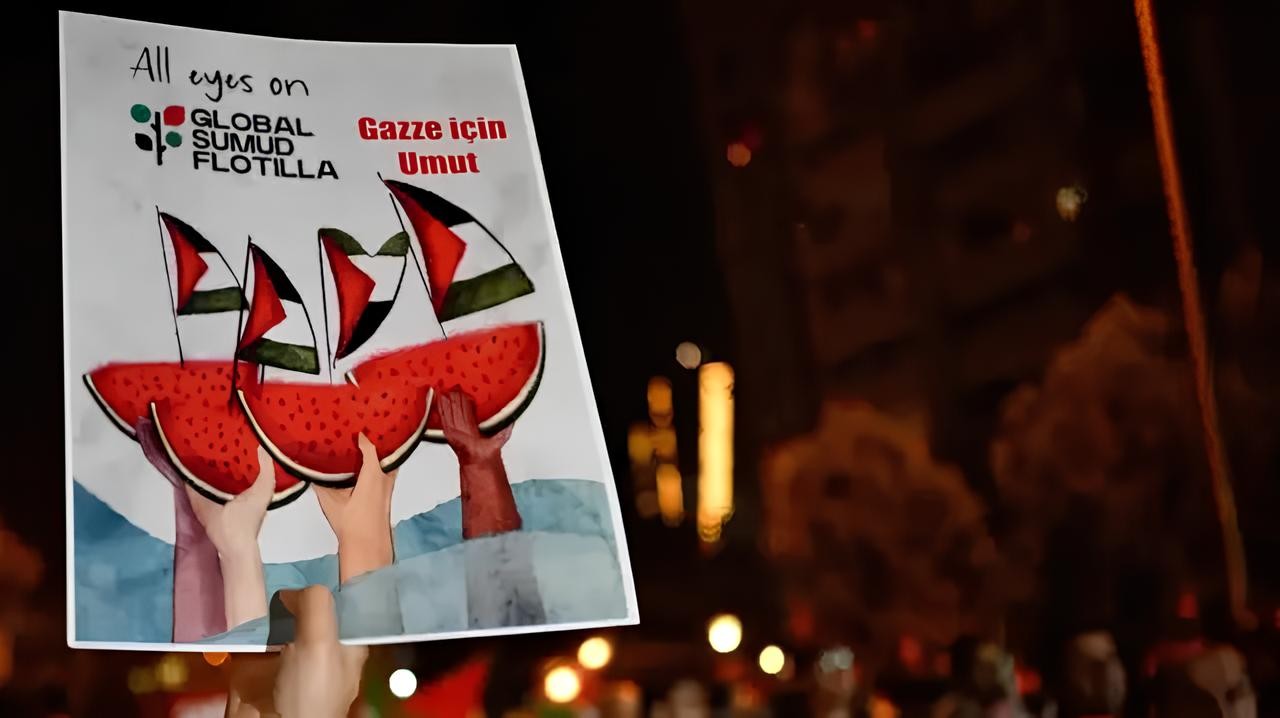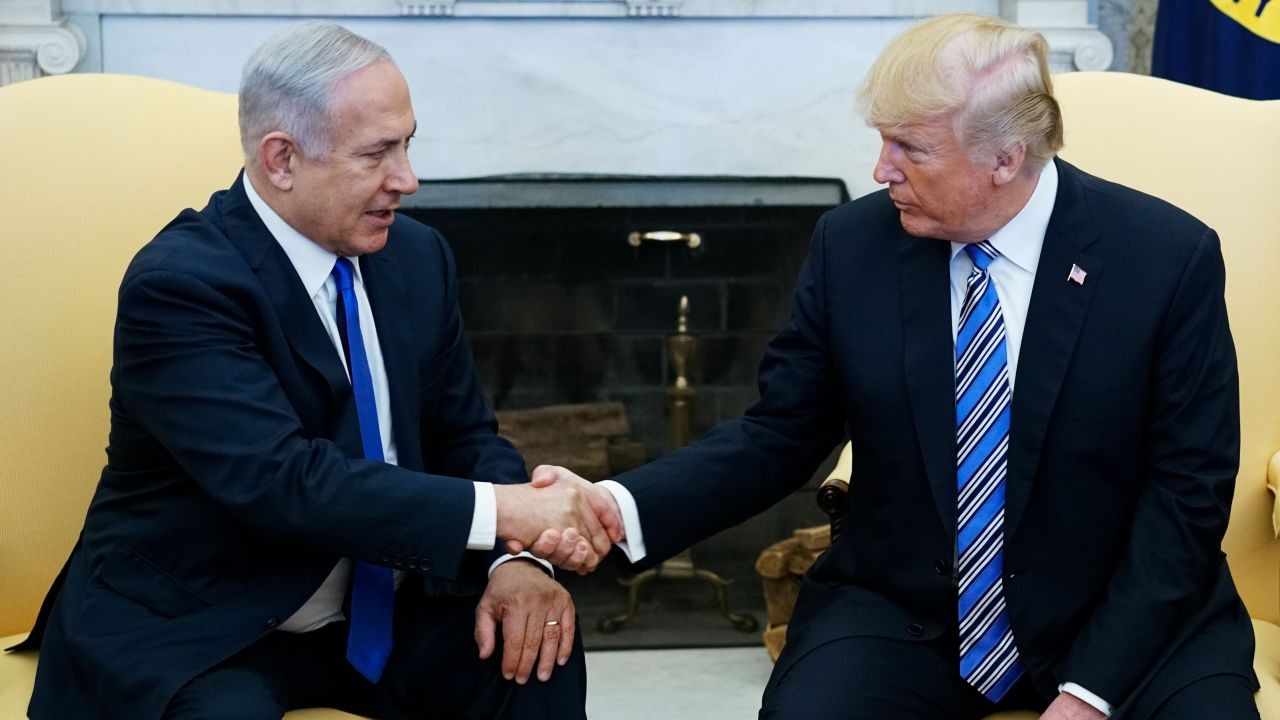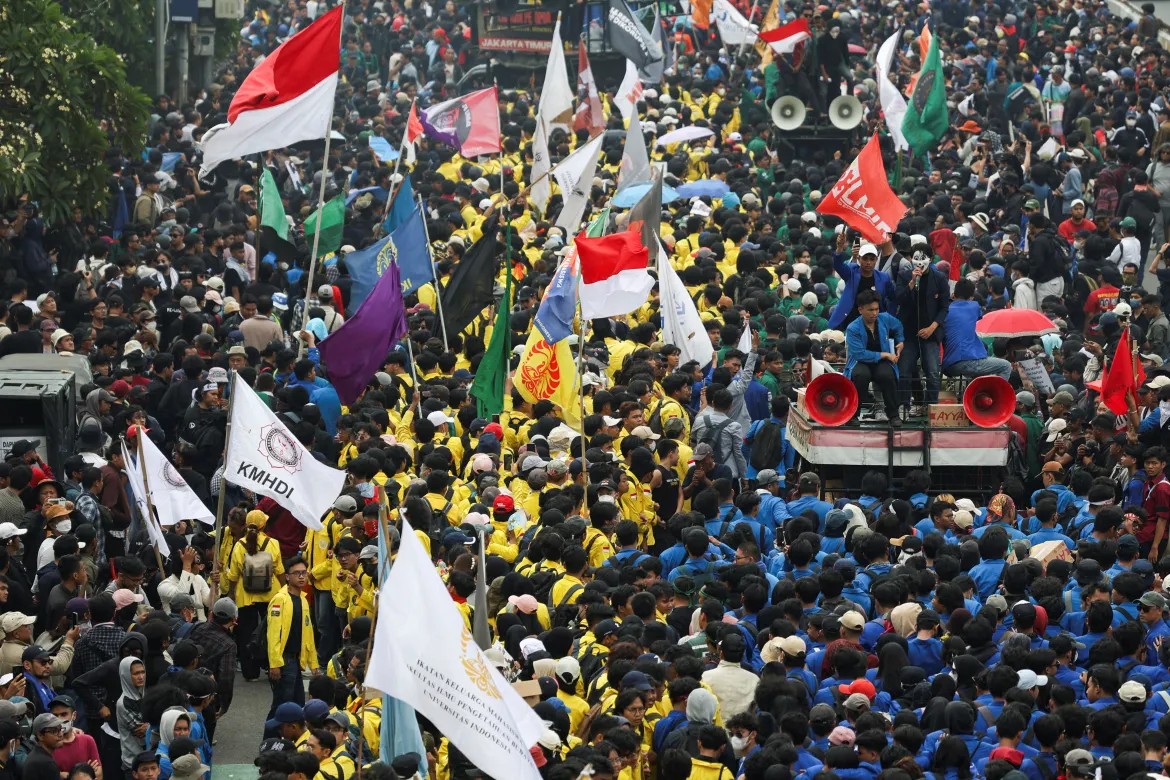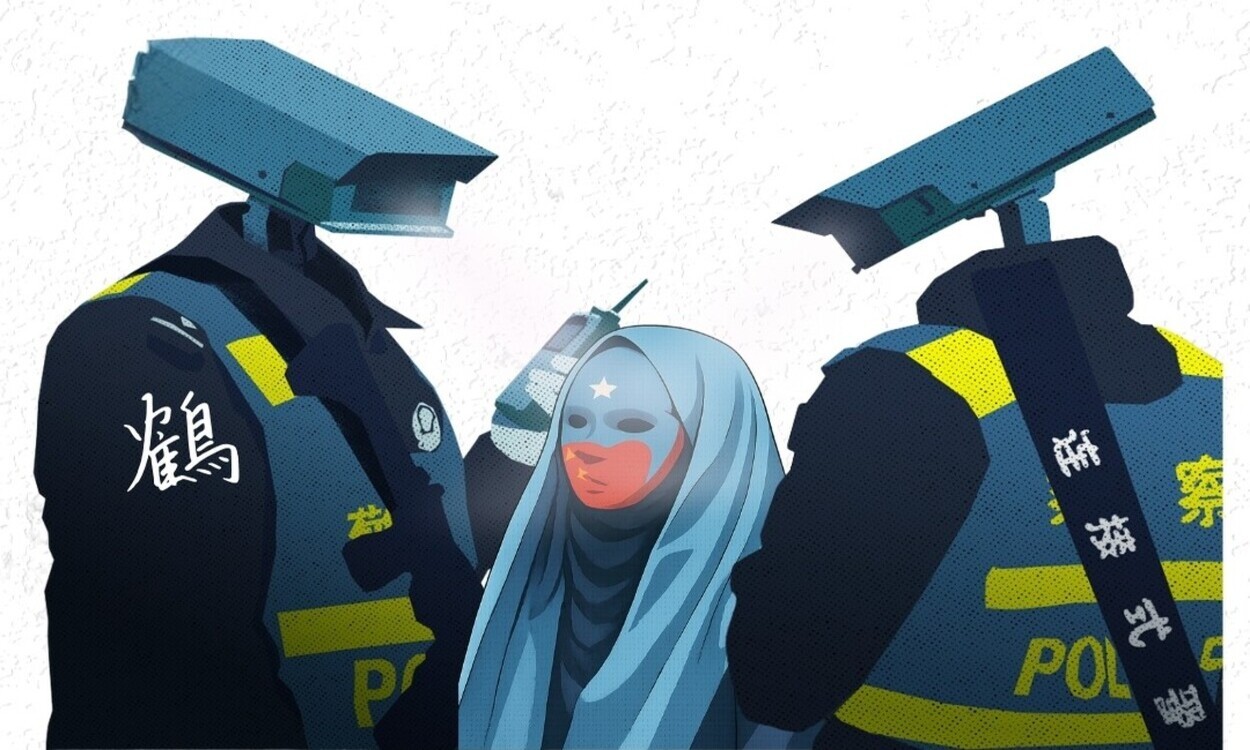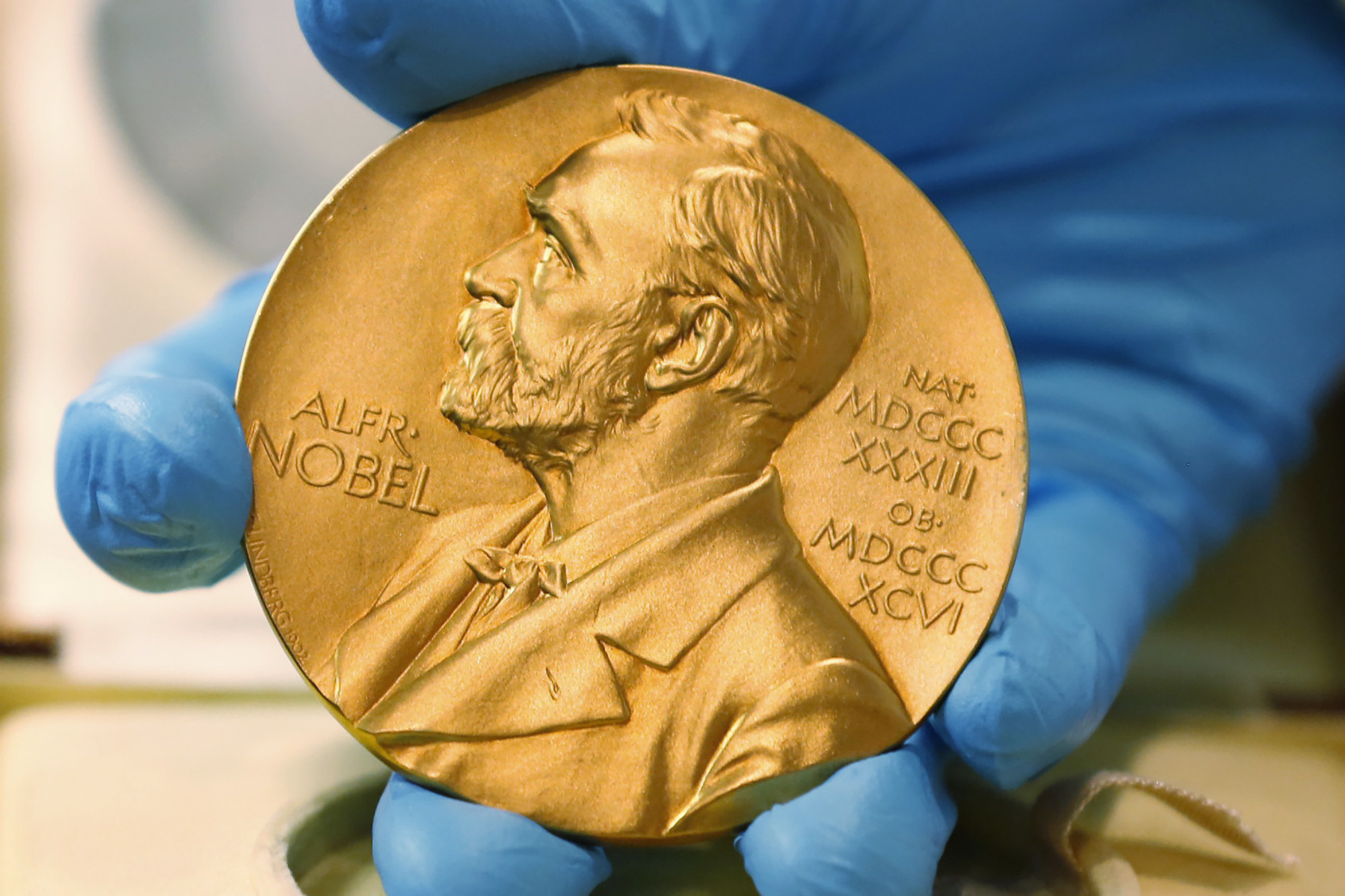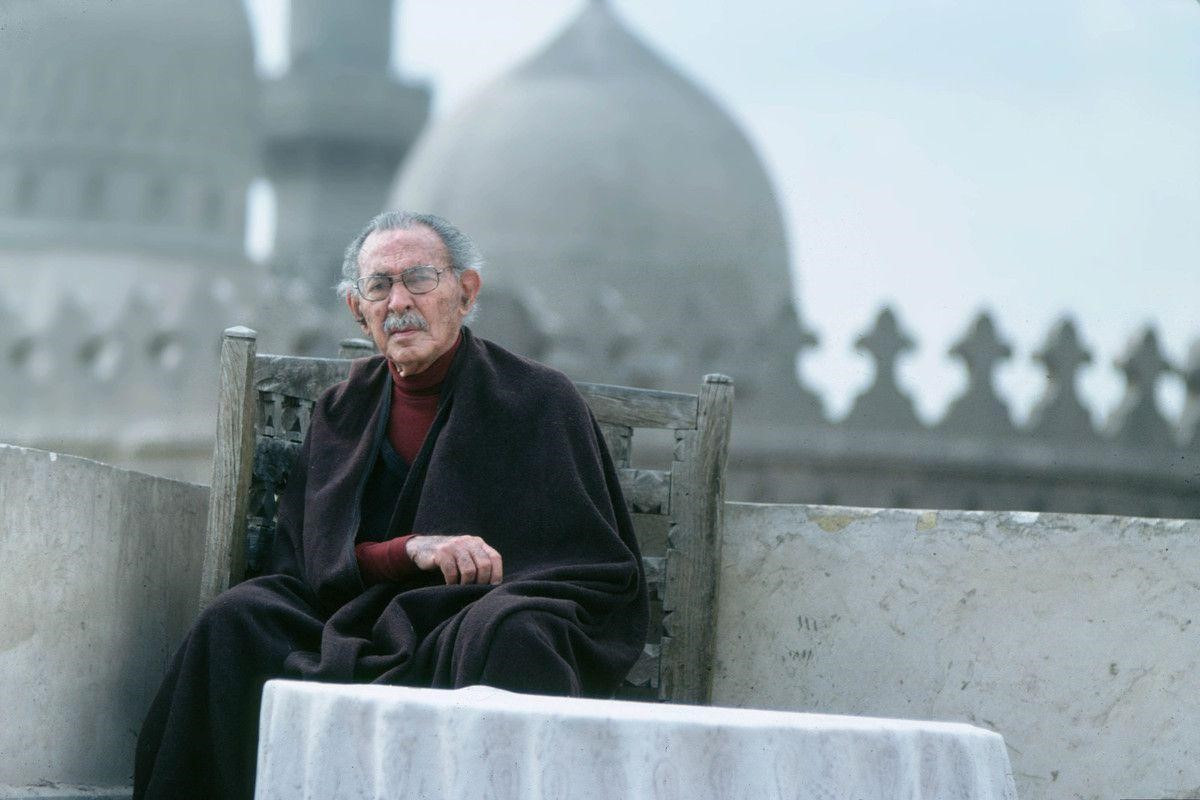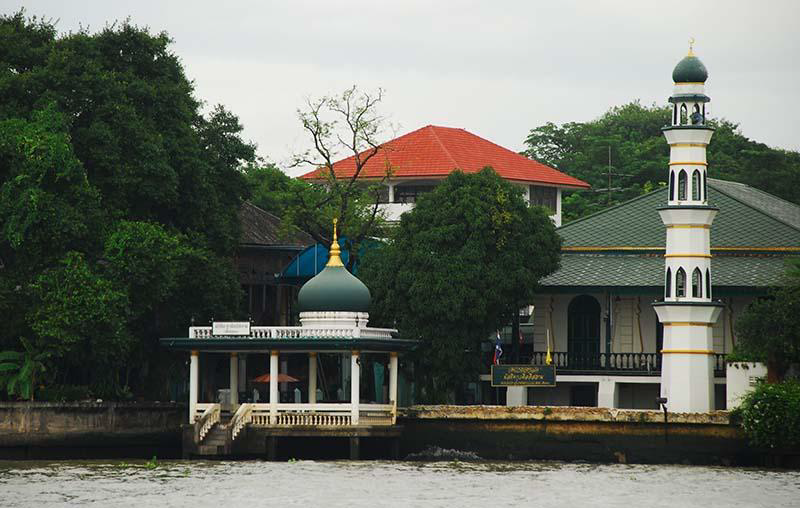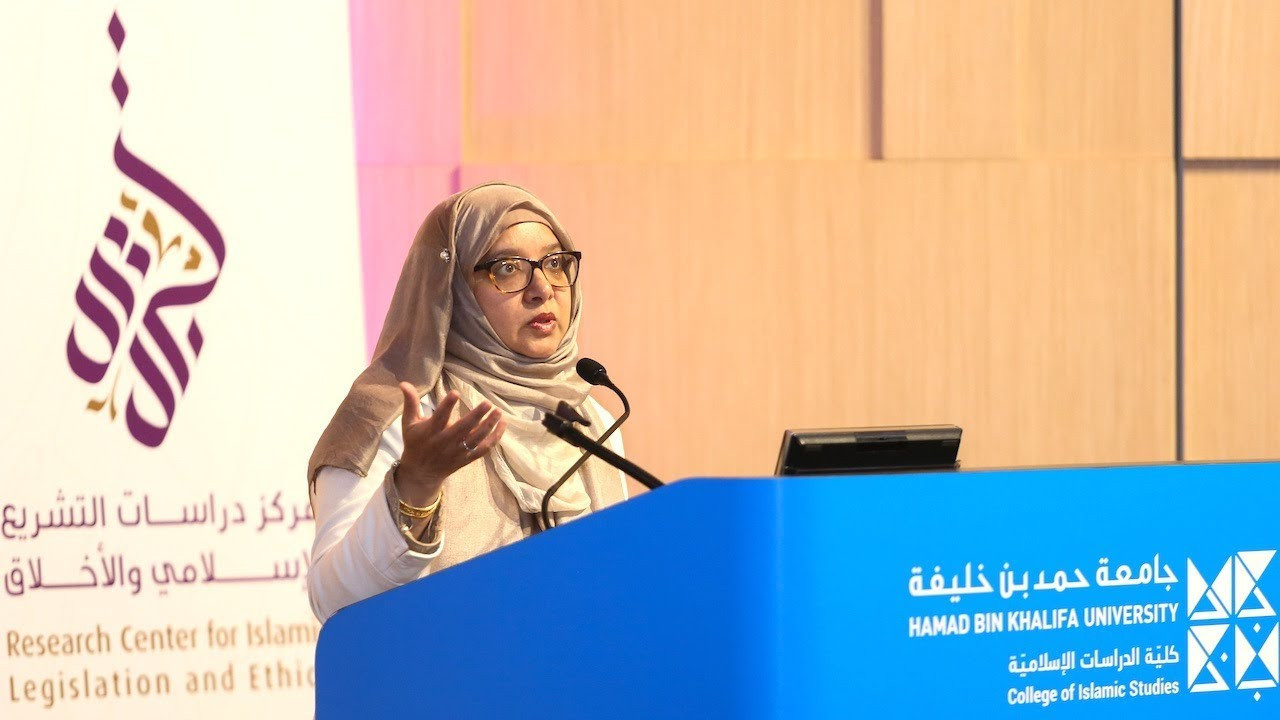
Dr. Husna Ahmad’s Perspective on Environmental Ethics
The climate crisis, a problem that primarily has been caused by the developed countries, largely affects developing or less developed nations. Every year, budget discussions, climate change adaptation, and technology transfer issues are debated to address the damages caused by the climate crisis in the developing countries.
Since the 1990s, in these ongoing debates, the principle of “sustainable development” and the concept of “common but differentiated responsibilities and respective capabilities”, based on the justice on environmental issues, have been adopted. As the discourse for achieving environmental justice evolves, the way Muslim communities approach environmental ethics and justice becomes increasingly crucial. Dr. Husna Ahmad has made a significant contribution to Islamic ecological studies by introducing fresh perspectives that emphasize the integration of environmental ethics, belief systems, and the role of women within Muslim societies. Husna Ahmad, the founder of the civil society organization Global One and the Secretary-General of the World Muslim Leadership Forum, serves as the coordinator for the Alliance of NGOs in South-South Cooperation (ANSSC), a collaboration between the United Nations Office for South-South Cooperation (UNOSSC) and various South-South Cooperation NGOs. With a history of diverse roles within civil society organizations, Dr. Ahmad also holds the position of Co-Chair of the Interfaith Advisory Council of the United Nations’ Inter-Agency Task Force on Religion and Development. She is also a board member of “Faith in Water, Faith for the Climate” and the Palmers Green Mosque (The MCEC).
Husna Ahmad’s contributions stand out from other ecological writings due to her distinctive “faith-centred” approach. However, her approach goes beyond merely advocating for a belief-based environmental ethic; she emphasizes the integration of faith and women. This is evident through her organization, Global One, where she leads campaigns addressing crises faced by women and children. This holistic perspective underscores her dedication to driving meaningful change by considering both faith and gender dynamic.
In Husna Ahmad’s view, the discourse on environment and ecology encompasses crucial principles: development eco-consciousness, purification, and sustenance. Rooted in Islamic tradition, Ahmad endeavours to construct her environmental perspective by associating these principles with contemporary relevance. By examining these facets, she draws parallels between Hazrat Khadijah’s struggle for water accessibility and Hazrat Yusuf’s response to scarcity, contextualizing them within present-day challenges.
Dr. Ahmad formulates the “eco-consciousness” perspective by intricately weaving the notions of sustenance and purification. Her ultimate objective is to revitalize the perception of security within Muslim societies and reshape their approach to environmental concerns, utilizing this perspective as a catalyst for change.
Continuity of Faith and Purification: Water and Islam
The defining word that best characterizes the author is “awareness.” Describing the significance of the relationship between water and Islam, the author positions it within Islamic teachings and emphasizes that water is fundamentally necessary for both physical and spiritual purification. The author aims to raise awareness among women about the intersection of climate change and water scarcity, employing the metaphor of Hagar (Hajjar) and her connection to water—an essential element in Muslims’ lives and worship. In pursuit of these goals, Dr. Husna Ahmad authored a promotional pamphlet titled “Islam and Water: The Hajjar (ra) Story and Guide.” The pamphlet focuses on Hagar’s journey in the desert, highlighting her unwavering surrender to Allah during her time of hardship. Drawing from Hagar’s spirit of submission in the desert, the author addresses Muslim women, emphasizing that awareness is rooted in being content with “Allah’s actions.”
The author highlights three critical points in Hagar’s story and asserts that this narrative is the “story of the continuity of faith.” Secondly, water serves as a crucial source for sustaining human life. Thirdly, the author emphasizes the incorporation of women’s actions in the continuity of faith (Obe, 2011, p. 7). According to Ahmad, contentment is intertwined with continuity. The execution of an action should occur “within the continuity of faith,” regardless of whether it pertains to the past, present, or future. The continuity of faith brings about a sense of temporal wholeness. As a result, the author illustrates how Muslim communities can connect these narratives to various stages of human societal life, emphasizing that they remain central.
The author delves into the importance of conserving water due to the prevalent water scarcity. The present-day reality of 1.1 billion people lacking access to clean water is starkly presented by the author. Furthermore, the tragic toll of 1.5 million children’s lives lost annually due to insufficient clean water and hygiene is highlighted, making a poignant case for Muslims to take up the responsibility of ensuring safe water access (Obe, 2011, p. 11).
In addition, the author draws attention to the powerful lesson from Hagar’s pursuit of the Zamzam well, asserting that this lesson reaches beyond Muslim women to resonate with women globally. This narrative’s significance is underscored as a story from which all can learn (Obe, 2011, p. 7).
Dr. Husna Ahmad introduces a novel perspective on environmental issues by placing women’s beliefs at the core of ecological challenges. She articulates how women, guided by the narrative of Hagar and water, can offer distinct responses to environmental issues, offering an innovative outlook on environmental concerns.
Rızq: Islamic Agriculture and Protective Farming
Dr. Husna Ahmad examines how our contemporary agricultural practices can be reinterpreted from an Islamic perspective. By doing so, she facilitates a reconsideration of sustainable development, a prevalent approach today, through the lens of Islam. In collaboration with The Alliance of Religions and Conservation (ARC) and Global One, she has prepared a work titled “An Islamic Agriculture Toolkit for Protective Farming”. This project delves into the norms and practices of Islamic agriculture, offering a comprehensive exploration in partnership with these organizations.
"Ahmad underlines that many practices in today’s sustainable agriculture have their origins in the Islamic agricultural revolution but points out that these practices have been lost in Muslim societies."
She questions the need for a faith-centred agricultural perspective in our current world (Obe, n.d., p. 8). According to Husna Ahmad, the success of the Islamic agricultural revolution was influenced by four key approaches: organizing land management according to Islamic principles, innovative irrigation methods, enhanced agricultural techniques, and the introduction of new crops (Obe, 2015, p. 12). At the heart of these practices lies the concept of sustenance (rizq). According to the author, the concept of sustenance differs from that of a mere gift (hiba), emphasizing its correlation with human actions and submission to Allah (Obe, 2015, p. 19).
The author indicates that the management of scarcity and abundance, as exemplified in the story of Prophet Joseph (Yusuf), serves as an agricultural management model. Within this agricultural management model, the concept of sustenance (rizq) prominently manifests as a norm. In this narrative, the periods of scarcity and abundance, equitable distribution, and sharing, alongside actions of preservation, take the centre stage. Drawing from this story, the author explains that when providing sustenance to communities, Allah expects individuals to engage in five actions: mindfulness (takva), reliance (tevekkül), prayer (namaz), repentance (tövbe), and charitable giving (infak). Guided by these principles, the author proposes the enhancement of Islamic agricultural practices. In her work titled “An Islamic Agriculture Toolkit for Protective Farming,” she discusses avenues that encompass the planning of the agricultural process to the market release of the product.
The Age of Eco-Consciousness: Green Hajj
Dr. Husna Ahmad underscores the importance of ecological sensitivity in the actions of Muslims, emphasizing the need for steps towards promoting a “Green Hajj”. According to her perspective, it is crucial to raise awareness among pilgrims about key issues such as transportation, waste management, and consumption during the Hajj season, contributing to a deeper understanding of the pilgrimage’s essence (Green Prophet, 2011). Stemming from this viewpoint, Dr. Ahmad has meticulously crafted a resource named the “Green Guide to the Hajj” aimed at guiding pilgrims and travellers to adopt ecologically responsible practices during their Hajj and Umrah journeys.
Describing the Hajj season as a period of “eco-consciousness,” Ahmad highlights that it presents an ideal opportunity for individuals to establish a meaningful connection with the environment (Green Prophet, 2011). The author also suggests that during the pilgrimage, recalling the story of Hajar can serve as a valuable reminder, urging Muslim communities to form a “conscious-awareness” centred approach to responsibility, as they navigate the intricate relationship between belief and the environment.
Resources
Global One (n.d.). Empower Women and Girls. https://globalone. org.uk/dignity-kits/
Green Prophet (2011,). Interview With Green Hajj Expert Husna Ahmed. https://www.greenprophet.com/2011/11/ interview-hajj-husna-ahmed/
Moussa, N. K. (n.d.) Re-examining the Islamic agriculture revolution.
Obe, H. A. (2011). Islam and Water the Hajjar (r.a.) Story and Guide.
Obe, H. A. (2015). Islamic Farming: A Toolkit for Conservation Agriculture. UK: ARC and Global One.
Ceyda Bostancı
Ceyda Bostancı graduated from Istanbul University, Department of Political Science and International Relations in 2017. She completed her master's in the Department of Political Science and International Relations in 2022. She is currently pursuing h...
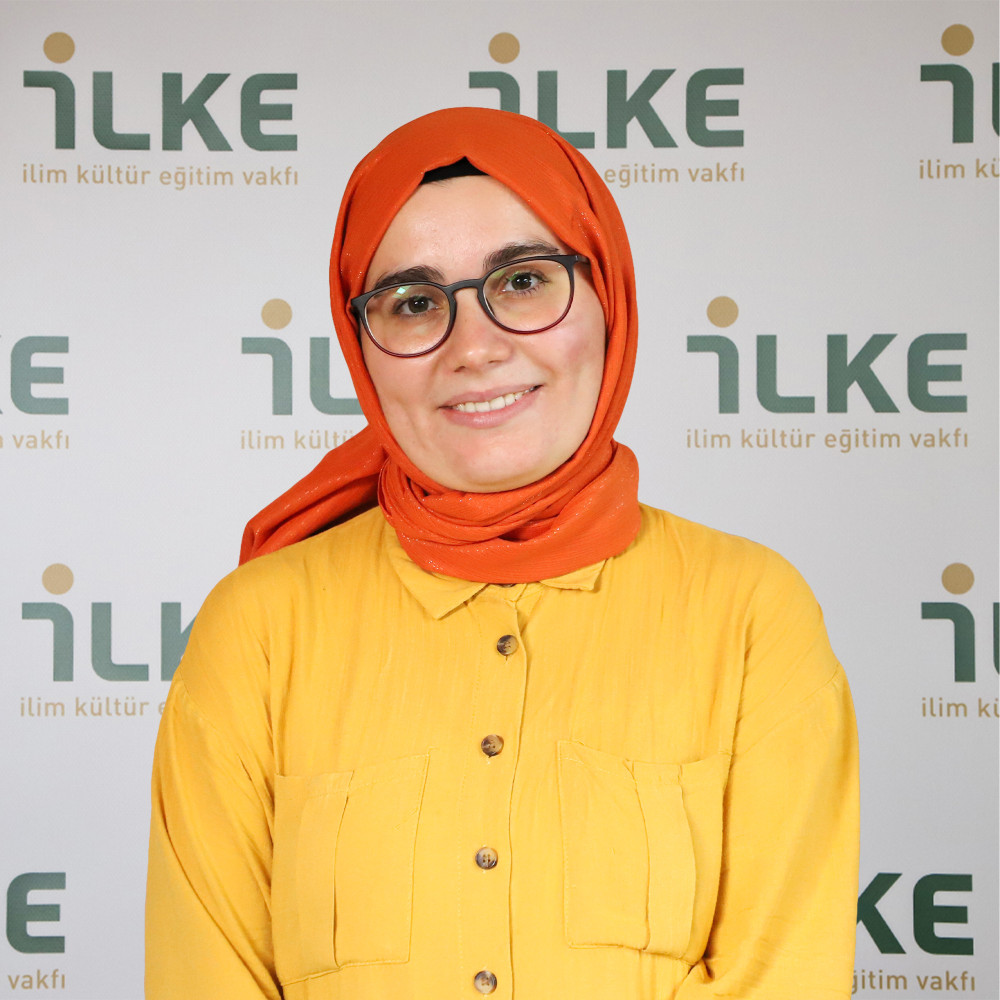 Ceyda Bostancı
Ceyda Bostancı